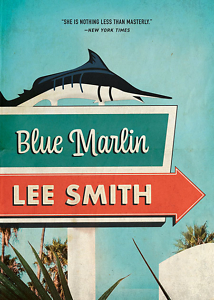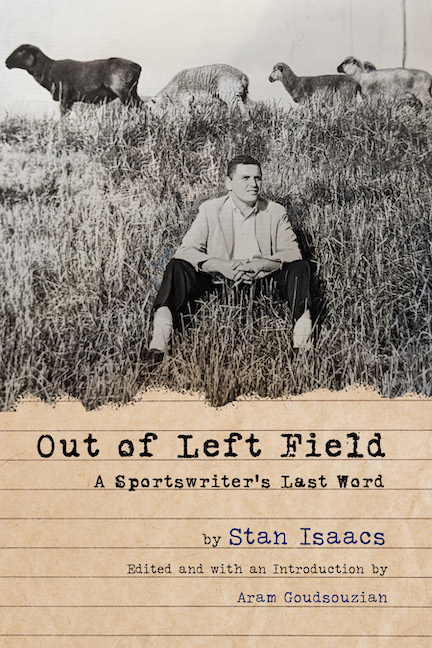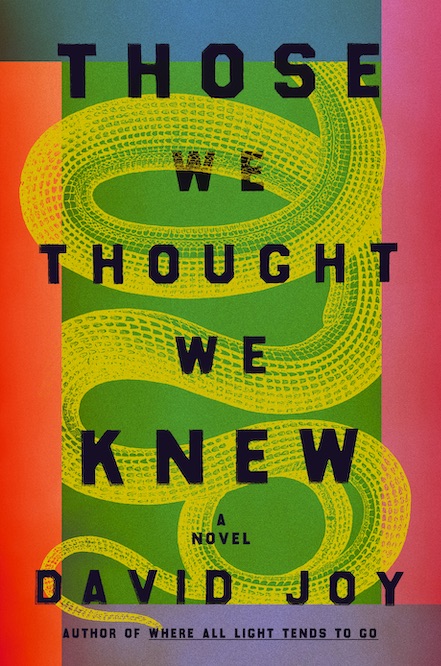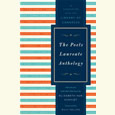Chaotic, Mysterious, Unfathomable
Blue Marlin is a rollicking road trip through author Lee Smith’s own fictional history
The latest offering from iconic Southern writer Lee Smith is Blue Marlin, a sweet and funny novella loosely based on her family history. Smith says in an afterword, “Of all the stories I’ve ever written, this one is dearest to me, capturing the essence of my own childhood.”

Before readers finish the first paragraph, it will be evident that they are in the hands of a master storyteller. Narrator Jenny Dale begins with a bombshell: “In 1958, when my father had his famous affair with Carroll Byrd, I knew it before anybody. … Before, I’d been just any old thirteen-year-old girl on a bike. Now, I was a girl whose father was having an affair — a tragic girl, a dramatic girl. A girl with a burning secret. Everything was different.”
Independent and brash, Jenny is entertaining company and a faithful witness to the painful events transpiring in the lives of her parents. A late-in-life addition to her family, Jenny worships her beautiful yet superficial mother and her hyper-responsible, hard-working father. Her most important goals in life are to become a writer and to hit puberty: “I was simply dying to get my period, grow breasts, turn into a sexpot and do as much damage as Mama, who had broken every heart in Charleston and had a charm bracelet made out of fraternity pins to prove it.” In the meantime, she lies, steals, spies on everyone she knows, breaks things when she’s angry, and even stoops to lacing her abrasive grandmother’s tapioca pudding with talcum powder. In short, she’s a hoot.
 As she rides her bike around her small Virginia town, she keeps detailed notes in a Davy Crockett spiral notebook of all she observes for future use in her career as a novelist. It’s on one of those spying trips that she discovers her father’s infidelity. When, through no fault of her own, the truth is suddenly revealed to the whole town, chaos ensues and Jenny is shipped off to stay with relatives for a time, before being retrieved and “treated” to a trip to Key West with her very-much-estranged parents as they attempt to repair their marriage.
As she rides her bike around her small Virginia town, she keeps detailed notes in a Davy Crockett spiral notebook of all she observes for future use in her career as a novelist. It’s on one of those spying trips that she discovers her father’s infidelity. When, through no fault of her own, the truth is suddenly revealed to the whole town, chaos ensues and Jenny is shipped off to stay with relatives for a time, before being retrieved and “treated” to a trip to Key West with her very-much-estranged parents as they attempt to repair their marriage.
Jenny tries to take a long view of her troubles: “I saw myself as an island with time stretching out before me and behind me, all around me like a deep lake, mysterious and never-ending, like Lake Nantahala, where I lost my ring, where a person might lose anything. This precarious view made everything that happened to me seem very, very important. I had to see as much as I could see, learn as much as I could learn, feel as much as I could feel. I had to live like crazy all the time, an attitude that would get me into lots of trouble later.”
That attitude also makes for great storytelling possibilities, and here Smith pulls out all the stops, as Jenny’s experiences run the gamut from living with holy roller cousins in South Carolina, where she discovers love in a bomb shelter, to meeting teenaged Cuban strippers and Hollywood movie stars on the streets of Key West. It’s a rollicking road trip, a merry mess, and in this author’s capable hands, also a poignant story of loss and forgiveness.
As Smith considers the ways in which her story is true and the ways in which it is not, she admits, “During a lifetime of writing, I have always felt that I can tell the truth better in fiction than nonfiction. Real life is often chaotic, mysterious, unfathomable. But in fiction, you can … instill some sort of order to create meaning, so that the story will make sense — where real life so often does not.”

Tina Chambers has worked as a technical editor at an engineering firm and as an editorial assistant at Peachtree Publishers, where she worked on books by Erskine Caldwell, Will Campbell, and Ferrol Sams, to name a few. She lives in Chattanooga.


